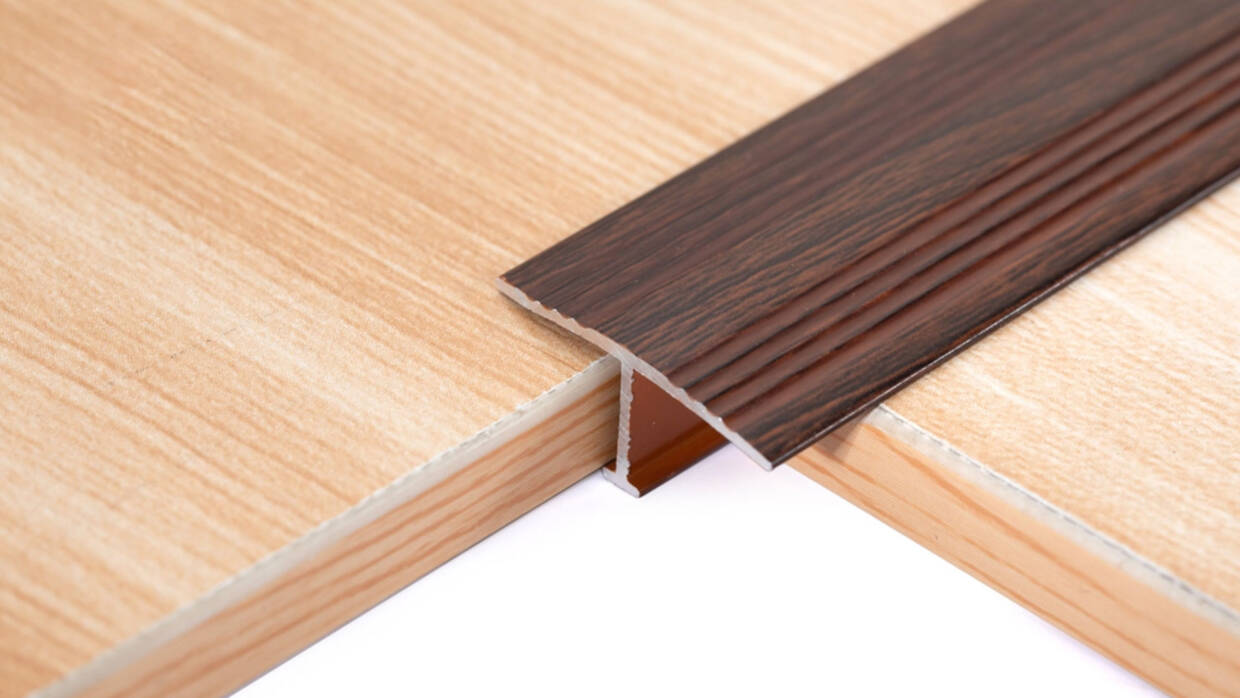Aluminum T profiles have several advantages over other materials, making them a popular choice in various industries. Here are some of the key advantages of aluminum T profiles over other materials:
Lightweight: Aluminum T profiles are incredibly lightweight, making them ideal for use in applications that require a low weight-to-strength ratio. This is particularly useful in the transportation industry, where reducing weight can lead to improved fuel efficiency.
Strength: Despite their lightweight nature, aluminum T profiles are incredibly strong and durable. They can withstand heavy loads and harsh environments, making them ideal for use in various industrial and construction applications.
Corrosion-resistant: Aluminum T profiles are naturally resistant to corrosion, which is particularly useful in applications where the profiles will be exposed to moisture or other corrosive substances.
Customizable: Aluminum T profiles can be easily customized to suit specific applications. They can be cut to any length and can have various features, such as holes or grooves, added to them.
Cost-effective: Aluminum T profiles are an affordable alternative to other materials, such as steel or titanium. They are also easy to produce, which helps keep costs down.
Environmentally friendly: Aluminum T profiles are highly recyclable, making them an environmentally friendly choice. They can be recycled repeatedly without losing their physical properties or quality, making them a sustainable option for many applications.
Aesthetic appeal: Aluminum T profiles have a sleek and modern appearance, which makes them a popular choice in architectural and design applications. They can be anodized or painted in various colors, making them customizable to suit any design or aesthetic preference.
Easy to install: Aluminum T profiles are easy to install and can be fitted together using simple techniques, such as bolting or welding. This helps reduce installation time and labor costs.
Fire-resistant: Aluminum T profiles are naturally fire-resistant, making them ideal for use in applications where fire safety is a concern.

Compared to other materials, such as steel or wood, aluminum T profiles offer numerous advantages, including their lightweight nature, strength, durability, and resistance to corrosion. They are also cost-effective, environmentally friendly, and easy to install. These advantages make aluminum T profiles a versatile and valuable product that is widely used in various industries.
Design Considerations for Aluminum T Profiles
When designing with aluminum T profiles, several considerations must be taken into account to ensure the final product meets the necessary requirements. Here are some key design considerations for aluminum T profiles:
Material selection: The selection of the right alloy and temper is critical to ensure that the aluminum T profile meets the required strength and performance specifications. Different alloys and tempers can affect the profile’s strength, formability, and corrosion resistance.
Profile size and shape: The size and shape of the aluminum T profile must be carefully considered to ensure that it meets the necessary load-bearing requirements. The profile’s height and width, as well as the thickness of the walls, must be designed to provide adequate strength and stiffness.
End-use requirements: The end-use requirements of the product must be taken into account when designing with aluminum T profiles. Considerations such as weight, strength, durability, and corrosion resistance must be evaluated to ensure the profile meets the necessary specifications.
Surface finish: The surface finish of the aluminum T profile can affect its appearance, corrosion resistance, and durability. Anodizing, painting, or powder coating the surface of the profile can provide protection against corrosion and enhance its aesthetic appeal.
Joining methods: The method of joining aluminum T profiles must be carefully considered to ensure adequate strength and durability. Common joining methods include welding, bolting, and adhesive bonding.
Tolerance and fabrication: The tolerances and fabrication methods used in the production of aluminum T profiles can affect their final properties and performance. Close attention must be paid to the production process to ensure the profile meets the necessary specifications.
In summary, designing with aluminum T profiles requires careful consideration of material selection, profile size and shape, end-use requirements, surface finish, joining methods, and tolerance and fabrication. These considerations are critical to ensuring that the final product meets the necessary strength, durability, and performance specifications.

